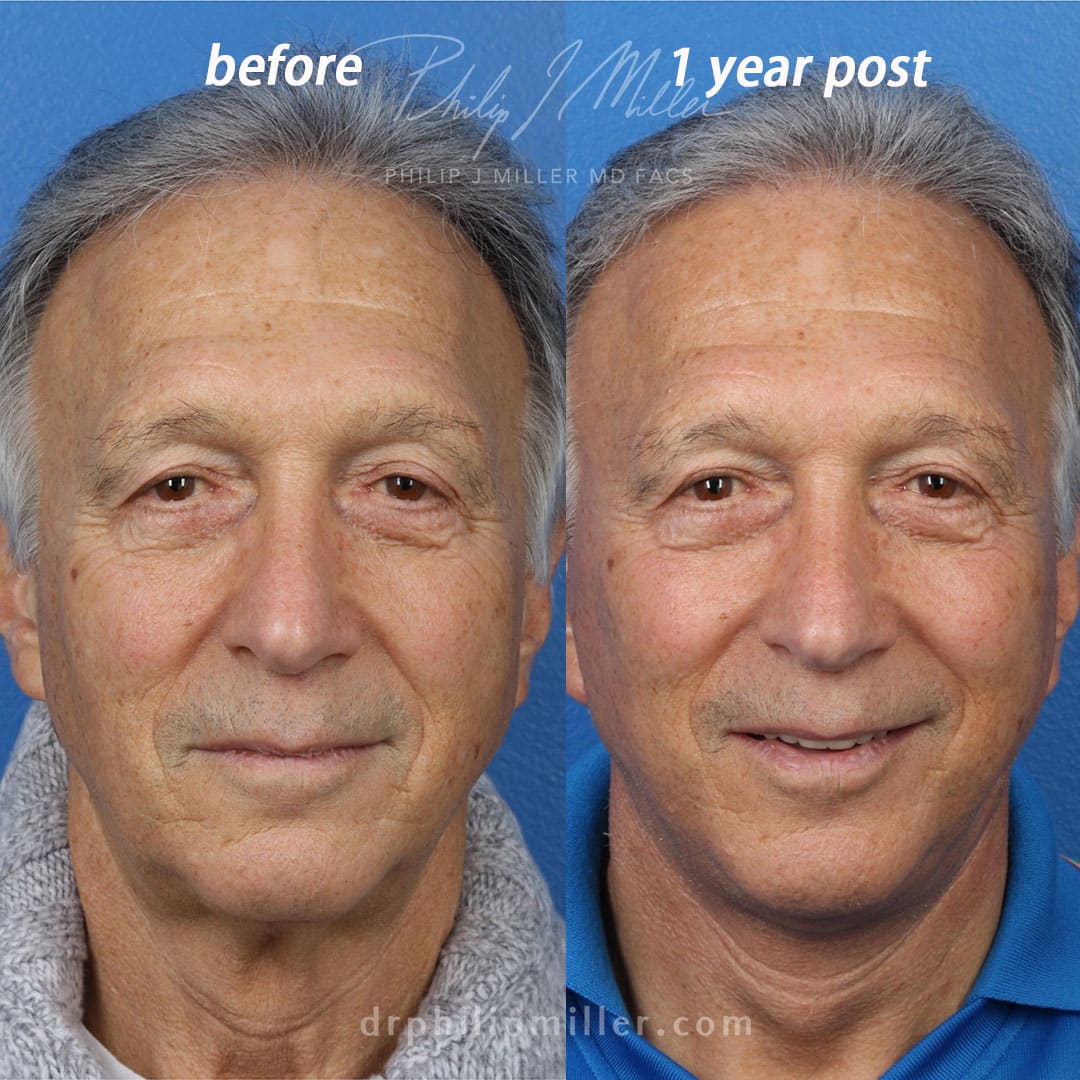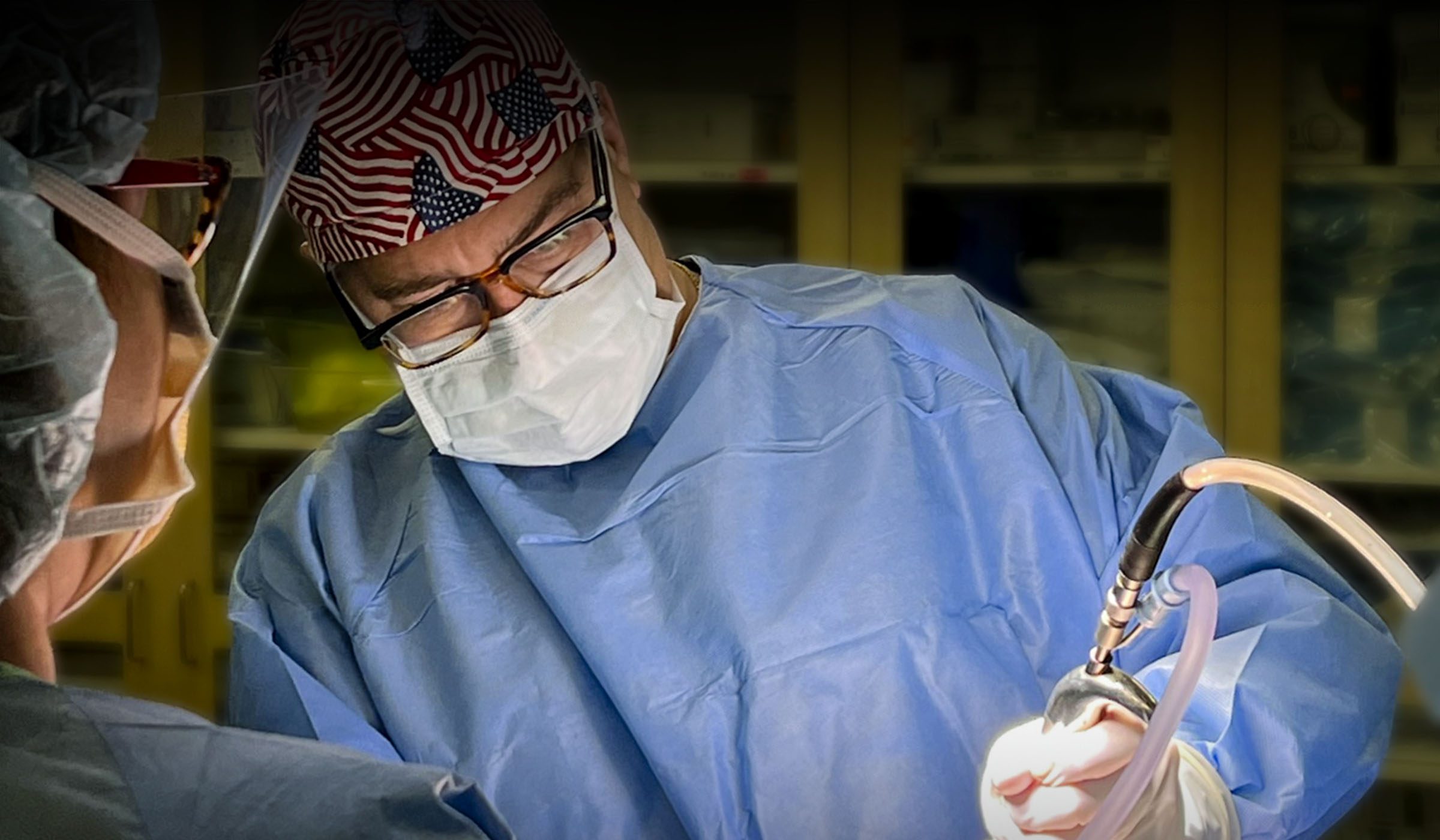The Effect of Self-Image on Decision-Making: Reasons Why Numerous Individuals Seek Cosmetic Surgical Procedure for Physical Makeover
The interaction between self-image and decision-making is an intricate phenomenon, particularly noticeable in the increasing pattern of people deciding for cosmetic surgical procedure as a way of physical transformation. Motivated by a desire to satisfy social expectations and individual perfects, several people face problems of self-esteem that can substantially impact their selections. As external stress from social media and cultural norms heighten feelings of insufficiency, a critical concern develops: what are the underlying psychological factors that drive this search of modified looks, and what ramifications do these choices hold for individual identification and wellness?
Understanding Self-Image
Self-image describes the mental image and perception a specific holds regarding themselves, encompassing aspects such as physical appearance, personality type, and general self-respect - mommy makeover rancho cucamonga. This internal depiction significantly affects how individuals engage with the world and can be a driving pressure behind numerous life options, including the decision to go through plastic surgery
A favorable self-image often correlates with greater self-worth and a feeling of confidence, promoting a positive strategy to life. Conversely, a negative self-image might lead to sensations of insufficiency and dissatisfaction, motivating individuals to look for outside remedies to viewed problems. This pursuit for improvement can manifest in the need for physical transformation through cosmetic treatments.
Additionally, cultural influences and societal standards play an essential function fit self-image. The pervasive nature of media and peer comparisons can enhance feelings of insecurity, inspiring people to change their appearance in pursuit of approval or approval. Understanding these characteristics is essential in comprehending the motivations behind plastic surgery. Inevitably, self-image is a complicated construct that links with emotional well-being, social expectations, and personal goals, making it an essential factor in the decision-making procedure regarding cosmetic enhancements.
Psychological Factors at Play
Countless emotional aspects affect a person's decision to seek plastic surgery, frequently rooted in deeper cognitive and psychological processes. One considerable variable is reduced self-esteem, which might occur from adverse self-perceptions or discontentment with one's look. Individuals with diminished self-worth might believe that changing their physical functions will certainly boost their general worth and approval in social contexts.
Furthermore, the principle of body dysmorphic condition (BDD) plays a critical function. Individuals experiencing BDD experience an obsessive focus on viewed defects in their appearance, leading them to seek surgical intervention as a solution. This compulsive desire for improvement can considerably distort their self-image, driving them to go after procedures regardless of the capacity for negative end results.

Social Pressures and Assumptions
A significant impact on people' choices to undergo plastic surgery originates from social stress and expectations that infuse contemporary society. In an era dominated by social media sites and consistent visual exposure, idealized requirements of charm are often showcased, producing a prevalent environment where physical appearance is extremely scrutinized. Such standards commonly determine what is thought about appealing, leading individuals to really feel forced to adhere to these perfects.
Additionally, the normalization of cosmetic enhancements in preferred society even more exacerbates these stress - mommy makeover rancho cucamonga. Stars and influencers honestly discussing their operations can develop an understanding that such changes are not just appropriate yet desirable. This phenomenon can engender sensations of insufficiency in people that might feel their all-natural appearance does not align with social benchmarks
Furthermore, the impact of colleagues can not be ignored. People may run into indirect or straight stress from close friends or family, causing a public validation of plastic surgery as an appropriate means to accomplish an idealized self-image. As a result, these societal assumptions can substantially impact personal decision-making processes, commonly eclipsing innate inspirations for self-improvement and fostering a society where physical improvement is sought as a treatment for perceived drawbacks.

Situation Research Studies and Personal Stories
Several people have actually shared their individual trips concerning plastic surgery, exposing a complex interplay between self-perception and societal influences. As an example, a 34-year-old female defined how years of feeling poor due to her nose led her to look for nose surgery. She reported that after the treatment, her self-confidence surged, allowing her to engage even more easily in social situations and advance her job. Yet, she recognized that her decision was greatly affected by media representations of elegance.
Similarly, a male patient in his late twenties stated his battle with body dysmorphic problem, which motivated him to pursue lipo. His experience highlighted not just a wish for physical improvement however likewise a desire for acceptance amongst peers. Post-surgery, he revealed a restored feeling of self-worth, albeit with the awareness that interior validation read here ought to precede outside changes.
These situation researches underscore a more comprehensive trend: individuals often check out cosmetic surgery as a pathway to boosted self-image. Nevertheless, the narratives likewise expose a crucial viewpoint on the stress and expectations that shape these choices, suggesting that individual tales are deeply linked with societal norms and values.
Alternatives to Aesthetic Surgical Treatment

Skincare treatments, consisting of chemical peels and microdermabrasion, can improve skin structure and tone, attending to problems like acne marks or irregular coloring. Furthermore, laser therapy is a reliable method for targeting details skin problems, such as sun damages or vascular sores, advertising an extra younger appearance.
For those seeking body improvement, non-invasive fat reduction strategies like CoolSculpting can help get click here for info rid of stubborn fat deposits without surgery. Physical fitness programs and dietary counseling are likewise essential tools for people aiming to attain a much healthier body picture. Eventually, these options can offer significant outcomes while aligning with personal comfort degrees and preferences, fostering a favorable self-image without the durability of plastic surgery.
Verdict
Finally, the quest of plastic surgery is often driven by intricate interactions in between self-image, mental factors, and societal stress. Individuals regularly seek physical change in an attempt to improve self-confidence and line up with regarded requirements of appeal. This sensation underscores the requirement for higher understanding of the underlying inspirations and potential effects connected with such decisions. By discovering alternatives and cultivating a much healthier self-image, individuals might discover extra lasting pathways to self-acceptance and well-being.
The interaction in between self-image and decision-making is a complicated phenomenon, specifically noticeable in the boosting trend of individuals deciding for cosmetic surgical procedure as a way of physical change.Numerous mental elements influence a person's decision to seek cosmetic surgical procedure, often rooted in deeper cognitive and emotional procedures.A substantial impact on individuals' choices to undertake cosmetic surgical treatment stems from social stress and assumptions that pervade contemporary society. People may encounter direct or indirect stress from buddies or family members, leading to a common validation of cosmetic surgical treatment as an appropriate ways to achieve an idealized self-image.Numerous individuals have shared their individual trips regarding cosmetic surgical treatment, exposing an intricate interaction in between self-perception and click this societal influences.